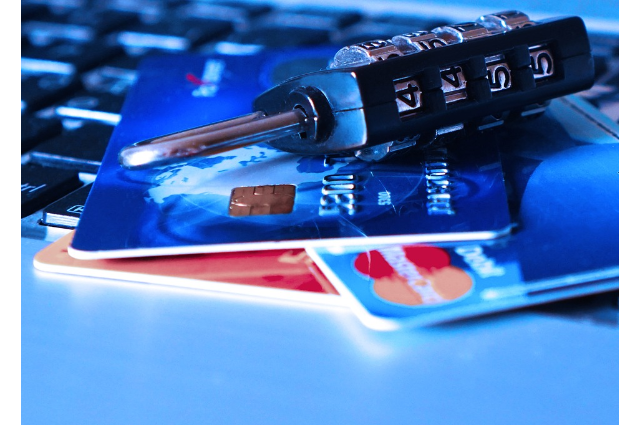
(Names in the incidents described in the series have been changed.)
Digital money transactions have become more widespread since the Corona period. Credit card and debit card fraud have also increased. Tarun, a manager of a multinational company, was shocked by a text message on his cell phone last week. The report said that 70 transactions had taken place within half an hour through his credit card. It was alleged that he had bought various items and Rs 5 lakh had been deposited in his bank account. Who else can buy goods for Rs 5 lakh with his credit card without knowing it while he has the credit card? Confused, he immediately informed the bank officials and asked them to disable the credit card.
When Tarun used his credit card to buy goods somewhere earlier, cyber criminals obtained his credit card information through a tool called a skimmer. Then they made a similar fake credit card. They have registered their cell phone number instead of his cell phone for card transactions. Thus, they have fraudulently bought goods online without getting the OTP number. Similarly, when users' cards are kept in a pocket wallet, fraudsters read the user's card details through a skimmer tool and make unrelated transactions through a mini card reader or POS device. You do not need a PIN or password to spend a certain amount on your debit or credit card. So fraudsters can give it to any POS terminal. Merchants can also accept this transaction by card.
At present they can spend up to Rs 5,000 daily on their card without OTP or password as per RBI guidelines. Fraudsters use this special transaction opportunity to target ordinary poor and middle class people. Some banks' credit and debit cards operate on high technology called NFC (Near Field Communication). All you have to do is show your card near the payment instrument, you can pay without entering your PIN. This is made possible by technology called TAP and PAY. Important information such as card number, expiration date, cardholder's name and CVV number is available to the payment instrument without having to touch the payment instrument. Cybercriminals can easily deceive people by using information shared through these modern features.
Therefore, it is better to have a separate bank account with less savings for card usage only. Always keep your credit or debit cards in the RFID-protected wallet. Block your card immediately using the Mobile Banking app in case it is stolen. You can reduce the transaction limit of your card yourself according to your usage. Do not post information about your bank account on any social media. If you are a victim of such fraud, you can lodge a complaint at https://eservices.tnpolice.gov.in. Or call the All India Cyber Crime Helpline number 1930 and register a complaint. Or contact the nearest police station.
